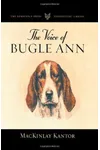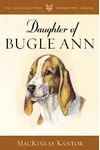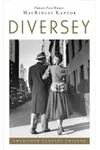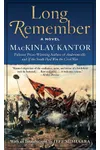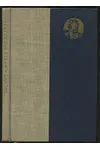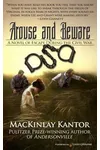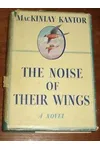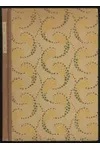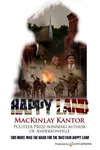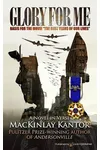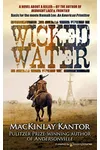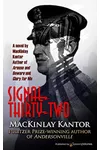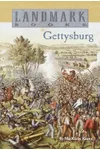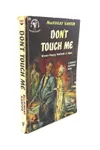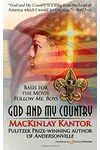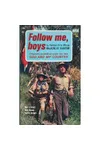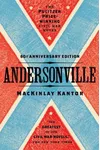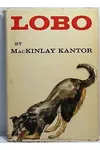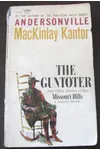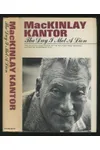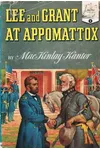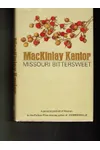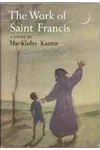Picture an American storyteller who spun tales of war, courage, and history with the grit of a journalist and the heart of a poet—meet MacKinlay Kantor! Born in 1904, this Pulitzer Prize-winning novelist brought the Civil War to life in works like Andersonville, blending meticulous research with vivid storytelling. His knack for capturing the human spirit made him a literary gem.
From his Iowa roots to his war correspondent days, Kantor’s life was as colorful as his prose. Let’s dive into the world of this master storyteller whose words still echo today.
The Making of MacKinlay Kantor
MacKinlay Kantor, born Benjamin McKinlay Kantor on February 4, 1904, in Webster City, Iowa, grew up in a household buzzing with words. His mother, Effie McKinlay Kantor, edited the Webster City Daily News, sparking his early love for writing. Despite a father who abandoned the family, young Mack found solace in books and Civil War veterans’ tales, which fueled his imagination. By his teens, he was penning stories and poems, winning a local contest with his tale Purple.
After high school, Kantor dove into journalism, reporting for local papers before moving to Chicago in the 1920s. There, he churned out pulp fiction—crime stories and mysteries—to pay the bills, honing his craft in the gritty world of detective magazines. His first novel, Diversey (1928), captured Chicago’s gangster underbelly, marking the start of a prolific career.
MacKinlay Kantor’s Unforgettable Stories
Kantor’s true genius shone in historical fiction, especially his Civil War novels. His 1934 novel Long Remember, set during the Battle of Gettysburg, drew on his childhood fascination with veterans’ stories, earning critical praise for its emotional depth. But it was Andersonville (1955), a harrowing tale of the Confederate prisoner-of-war camp, that cemented his legacy. The novel’s unflinching portrayal of suffering and humanity won the Pulitzer Prize in 1956, captivating readers with its vivid characters and historical accuracy.
Another gem, Glory for Me (1945), a verse novel about returning WWII veterans, inspired the Oscar-winning film The Best Years of Our Lives. Though Kantor grumbled about Hollywood’s changes, the story’s raw emotion resonated widely. His crime novels, like Signal Thirty-Two (1950), reflected his time riding with the NYPD, blending suspense with real-world grit. Kantor’s style—spare punctuation, rich dialogue, and deep empathy—made every page pulse with life.
From the Ozarks to the Revolution, Kantor’s 30-plus novels and countless short stories explored America’s heart and soul. Works like Spirit Lake (1961) and Valley Forge (1975) showcased his versatility, weaving history and humanity into unforgettable narratives.
Why MacKinlay Kantor Matters
MacKinlay Kantor’s impact stretches beyond his bookshelf. His ability to humanize history inspired writers like Harry Turtledove, who drew from Kantor’s alternate history If the South Had Won the Civil War. His war correspondent experiences in WWII and Korea lent authenticity to his tales, making them timeless. Kantor’s Pulitzer win and Medal of Freedom honored his contributions to literature and national dialogue.
Today, readers and writers rediscover Kantor’s empathetic lens and storytelling prowess. His works remain a bridge to America’s past, reminding us of the resilience and complexity of the human spirit.
About MacKinlay Kantor
- Born: February 4, 1904, Webster City, Iowa
- Key Works: Andersonville, Long Remember, Glory for Me, Signal Thirty-Two
- Awards: Pulitzer Prize for Fiction (1956), Presidential Medal of Freedom
- Died: October 11, 1977, Sarasota, Florida
Snag Andersonville or Long Remember and dive into MacKinlay Kantor’s gripping historical world! His stories are a time machine to America’s past, waiting for you to explore.
